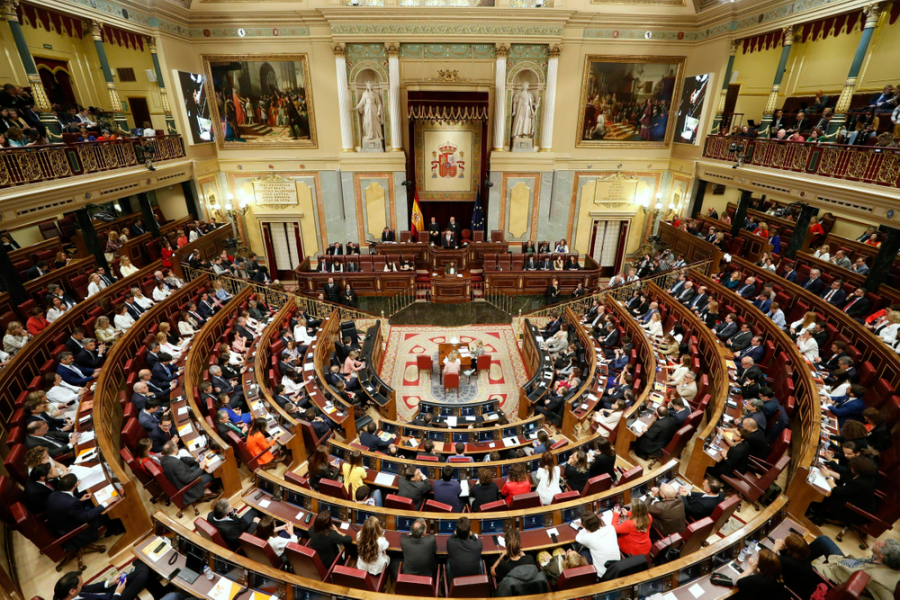This Sunday, 10 November 2019,
the fourth General Election in as many years takes place in Spain.
Spanish PM Pedro Sánchez has called fresh elections in an attempt to grow his party’s share of the vote and form a majority government. He has led the country with a minority government since June 2018 when Conservative Mariano Rajoy lost a no-confidence vote following corruption charges.
Since assuming power, Sánchez’s Socialist party (PSOE) managed to raise the minimum wage 22%, but many policy attempts have been blocked by the multitude of opposing interests in parliament. As a result, elections took place in April 2019; but the result didn’t allow the PSOE to form a majority. So, rather than form a coalition government with other leftist parties, the Spanish PM deemed it a worthwhile risk to send the public back to the polls in a move similar to Boris Johnson’s UK election gamble.
What makes it different from the last election?
Spain is going through a turbulent time – the weeks building up to the election have seen riots on the streets of Catalonia and polarising views on the government’s decision to move former dictator Francisco Franco from a glorifying tomb in Madrid to a small family cemetery.
The live television debate on Monday night (the only one in this GE) will be notable for its inclusion of Santiago Abascal, leader of far-right party Vox. The party with a xenophobic, anti-feminist agenda has seen a surge of support in recent months – boosted by nationalist sentiment across Spain in reaction to Catalan separatists.
Another change for this election is the fracturing of leftist upstart Podemos into Unidas Podemos and Más País. The latter is led by former Podemos number two Íñigo Errejón, whilst the former continues to be led by charismatic, pony-tailed Pablo Iglesias. Podemos broke onto the Spanish political scene in 2014 at a time when Spain was in recession and unemployment reached 27%. The break-up of the party seems a familiar leftist fragmentation that is bound to favour those on the other side of the political spectrum.
Why do the elections matter?
Spain is an excellent case study of ongoing global shifts in politics. The three new parties, Vox, Podemos and Ciudadanos, all have more extreme political positions than the traditional centre-left/centre-right parties that they threaten to topple.
Spain is also Europe’s fifth largest economy and, with the UK leaving the EU slowly but surely, Spain’s role in the progress of the European project is vital.
What’s the most likely outcome?
According to the polls, the PSOE will win again with a minority government. This will create a very similar situation to the previous elections with months of protracted discussion over how to form the next government.
